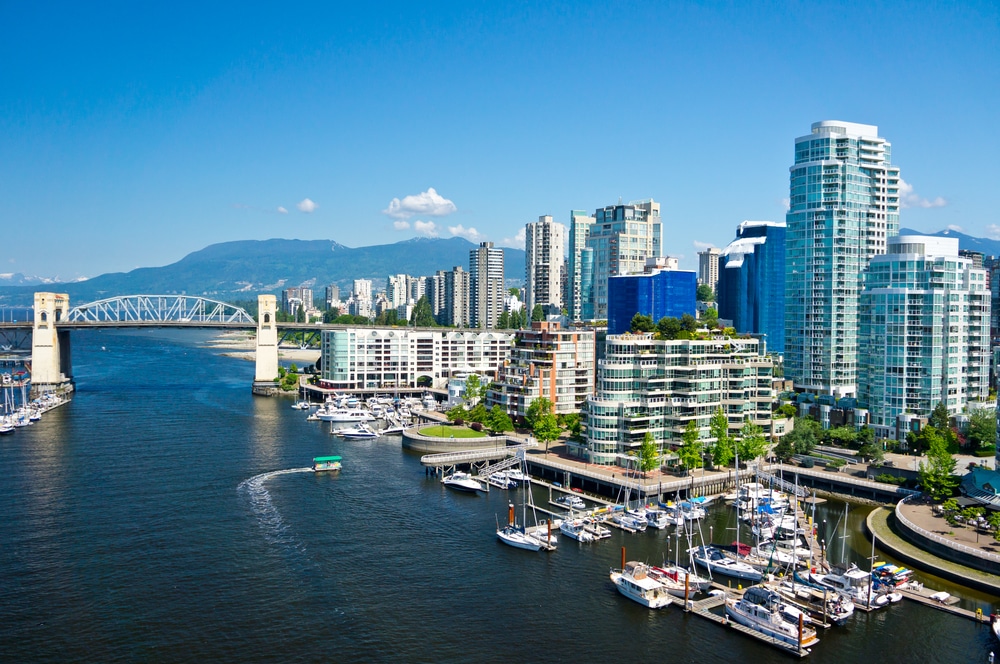
Drastic changes in the permanent residence in Panama policy
Canada has recognized that it suffers a great shortage of labor, largely because many citizens of the country have decided to seek for a residence in a tax haven, like Panama, to reduce their tax burden and better protect their assets. The current unemployment rate in Canada is the lowest in the last four decades; However, the main industries and SMEs recognized that they are experiencing serious problems in hiring new employees, especially in the francophone region of Quebec. Canadians does not like to work on construction sites, electrical installations and as agricultural workers. These jobs are not well paid, so retirees and young Canadians opt to look for other options, including applying for a residence in a tax haven, where they can better enjoy the income they receive as pension or undertake a new business, in a more user-friendly environment. The solution that Justin Trudeau's government has found is to expand the number of highly qualified immigrants they receive each year. In 2019, 330 000 are expected to arrive, which is 7% higher than in 2018; However, even in a heterogeneous society like Canada, this increase is quite welcome and, for example, in Quebec, they claim that they will be increasingly demanding to grant acceptance, because they want to ensure that admitted immigrants successfully integrates the country. Another important point that explains the increase in the number of Canadians looking for a residence in Panama is the broad tax burden that exists in Canada. Municipal, provincial and federal taxes are applicable in this country; Although the two most important are the income tax and the sales tax that has two versions, the federal and the provincial. This amount is at 5% and applies throughout the Canadian territory for purchases of goods and services, except for food, payment of housing, medical and educational services.
